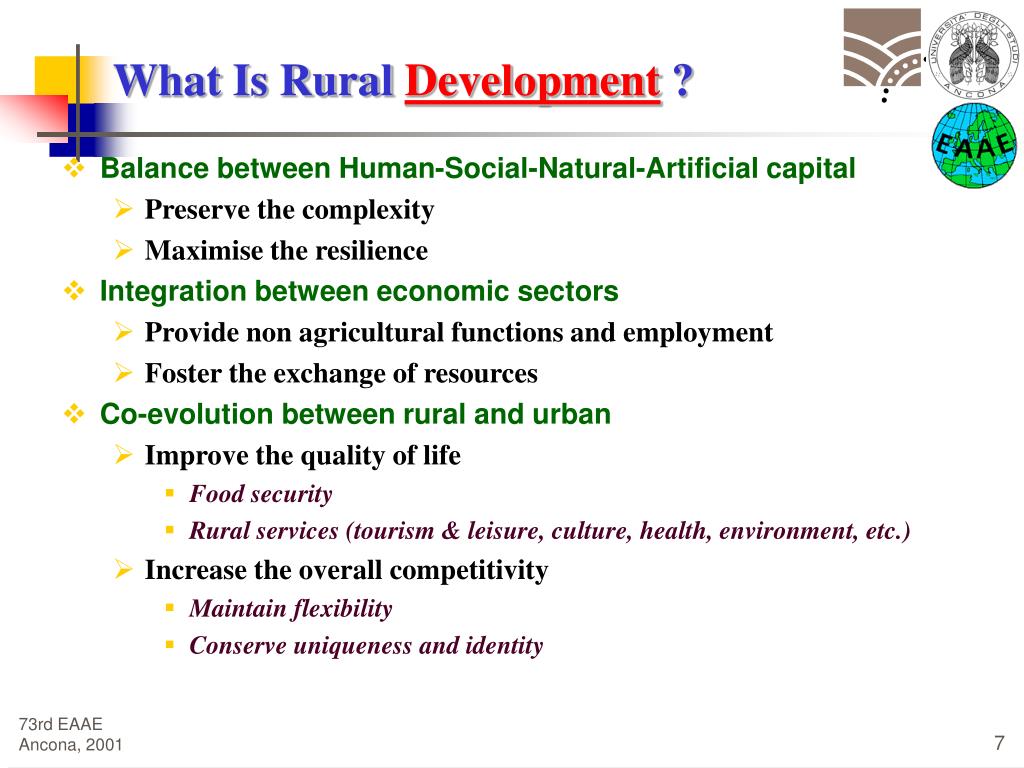Relevance: Prelims/Mains: G.S paper III: Indian Economy: Budget; & Sociology: Social Changes in India: (i) Visions of Social Change in India:(a) Idea of development planning and mixed economy.(b) Constitution, law and social change.(c) Education and social change.(ii) Rural and Agrarian transformation in India:(a) Programmes of rural development, Community Development Programme, cooperatives, poverty alleviation schemes.
Introduction:
- Inclusive development is multifaceted and can be achieved through growth with equity – social, economic, and political.
• In consideration with inclusiveness, special focus is given on rural development in the current budget 2020-21 to augment better life and sustained livelihood in rural India.
Overview of Agriculture:
- 70% of its rural households still depend primarily on agriculture for their livelihood, with 82% of farmers being small and marginal.
• The share of agriculture and allied sectors in the Gross Value Added (GVA) of the country at current prices has declined from 18.2% in 2014-15 to 16.5% in 2019-20, on account of relatively higher growth performance of non-agricultural sectors.
Budget Overview:

Agricultural Credit:
- The provision of agricultural credit has increased to Rs. 15 lakh crore (2020-21), considering the significance of agriculture in contributing to rural employment, farmers’ well being and special support to farmers in doubling their income.
Storage and Marketing:
- India has an estimated capacity of 162 million MT of agri-warehousing, cold storage, reefer van facilities, etc.
• The budget proposed to create warehousing in line with Warehouse Development and Regulatory Authority (WDRA) norms.
• Government will provide Viability Gap Funding for setting up efficient warehouses at the block/taluk level. 
Digital Rural Connectivity:
- The new economy is based on innovations that disrupt established, business models. Artificial Intelligence (AI), Internet of Things (IoT), 3D printing, drones, etc., are re-writing the world economic order.
• India has already embraced new paradigms such as the sharing economy with aggregator platforms and harnessing new technologies to enable direct benefit transfers and financial inclusion on a scale never imagined before.
• Using machine learning and AI in the Ayushman Bharat scheme by the health authorities and the medical fraternity can target diseases with an appropriately designed preventive regime.
Conclusion:
- Increase in agricultural productivity and realization of reasonable prices for agricultural production is essential for doubling the farmers’ income by 2022.
• Nowadays, the agriculture sector is facing formidable challenges and a large number of farmers want to quit agriculture due to the failure of crops, higher labor costs, etc.
• The shift of focus of the Budget 2020-21 towards rural development and farmers’ welfare is no doubt a welcome step.
For more such notes, Articles, News & Views Join our Telegram Channel.
Click the link below to see the details about the UPSC –Civils courses offered by Triumph IAS. https://triumphias.com/pages-all-courses.php

